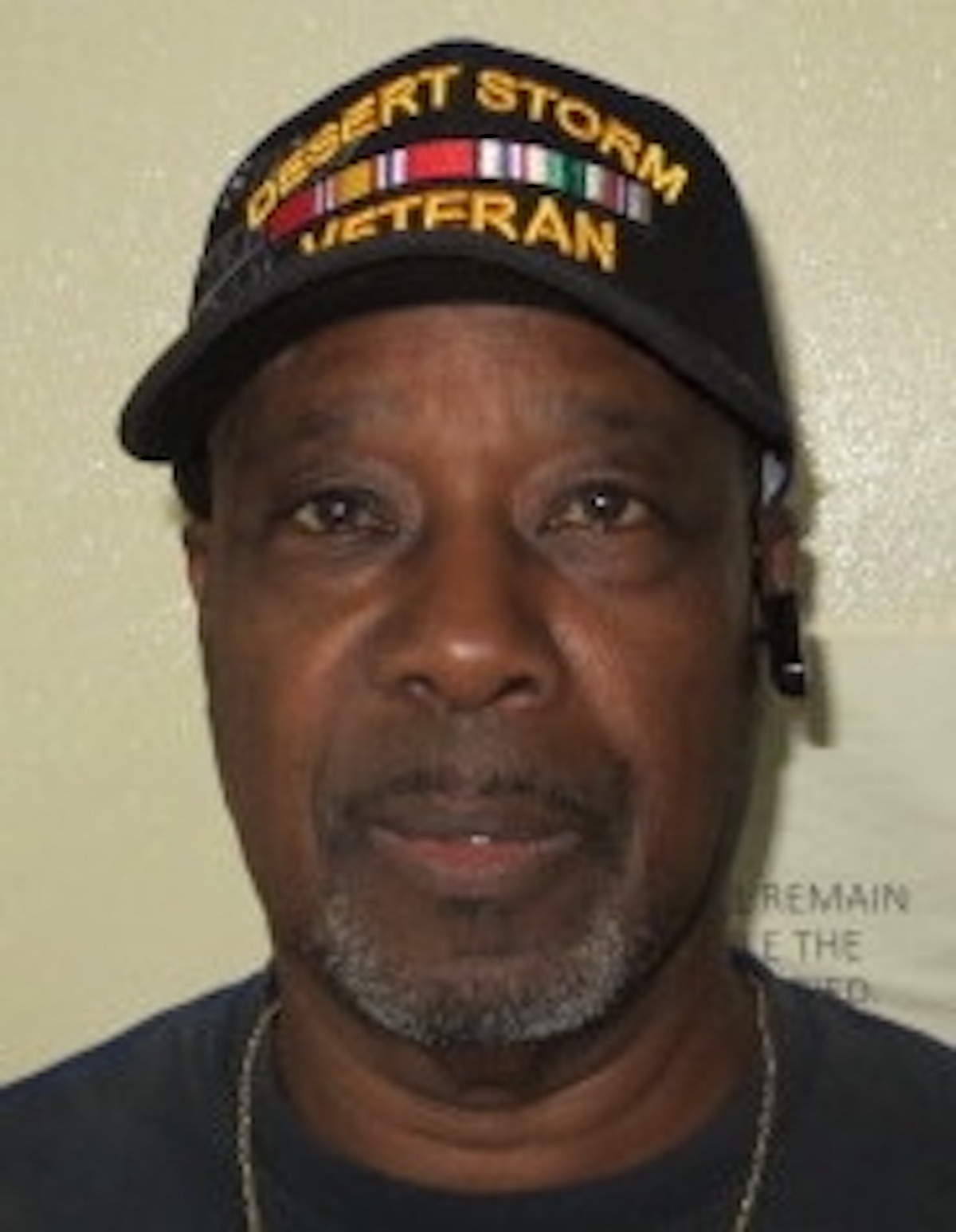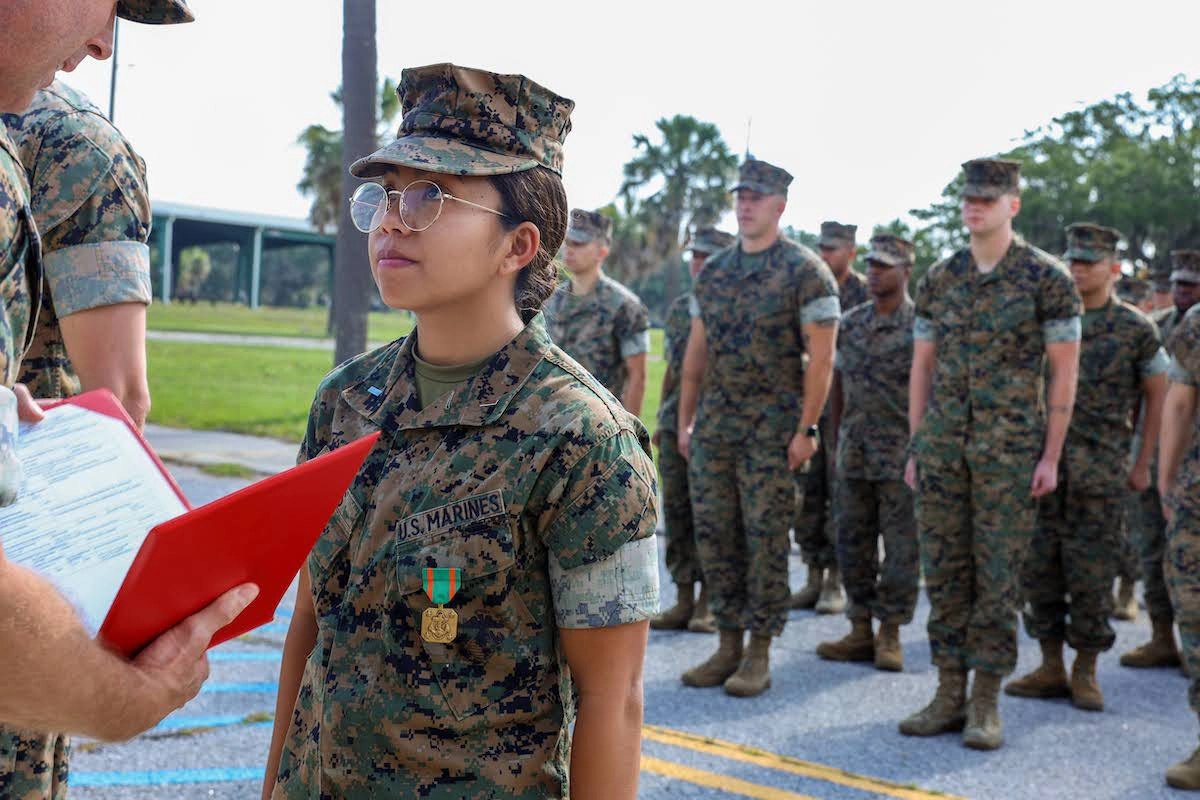By Larry Dandridge
Last month was Post Traumatic Stress Disorder (PTSD) awareness month. As a victim of PTSD who was successfully treated by the VA, every month is PTSD month for me.
PTSD Definition
PTSD is a mental health problem and anxiety disorder. The diagnosis of PTSD is made when a veteran experienced an event that involved actual or threatened death or serious injury and a veteran experienced a threat to the physical well-being of him or herself or others, and the veteran response involved intense fear, helplessness, or horror.
PTSD is not just caused by battlefield wounds, injuries, accidents, and close calls with death or serious injury but also things like physical assault, sexual assault, auto accidents, natural disasters, and other traumatic events.
Anyone can develop PTSD at any age. Some factors can increase the chance that someone will have PTSD. For example, having a very intense or long-lasting traumatic event or getting injured during the event can make it more likely that a person will develop PTSD. Learn more at https://bit.ly/3H8KAoE and https://bit.ly/437eL7S.
PTSD Symptoms
1. Grief, guilt, feeling on edge, depression, stress, always being on guard, anger, extra fear of loud noises, nightmares, and intense distress.
2. Recurring bad memories interfering with life, avoiding situations that remind of an event, feeling as if the traumatic event is recurring, feeling numb, and unable to talk about an event.
3. Workaholism, being unable to have positive or loving feelings, abusing family members, distrusting everyone, inability to sleep, and finding it hard to concentrate.
4. Acting in unhealthy ways (smoking, abusing drugs or alcohol, driving aggressively, divorce, and strong feelings of anxiety, bad memories triggered by certain sights, sounds, and smells).
5. Avoiding thoughts, feelings, or conversations about the traumatic event. Profuse sweating, increased heart rate, and rapid breathing when reliving the event.
PTSD symptoms usually start soon after the traumatic event, but they may not appear until years later. Symptoms also may come and go over many years. PTSD victims usually do not have all of the symptoms. If the symptoms last longer than four weeks, cause you great distress, are becoming worse, or interfere with your work or home life, you might have PTSD.
Personal Testimony
I wrote an article on January 12, 2022, titled “About the VA’s mental health services.” That article was the first of a series of four articles on VA mental health care services. The first article talks about my personal battle with PTSD and the successful, kind, compassionate, and empathetic treatment I received at the Ralph H. Johnson VA Medical Center. My primary symptoms were grief, guilt, hypervigilance, fear of loud noises, nightmares, sleeplessness, and anxiety in crowds. I treated my PTSD through workaholism for more than 40 years. Every time I had intrusive and sad thoughts, I would just throw myself into work for up to 19 hours a day, which of course hurt my family and me. You can read the article at https://bit.ly/44uSbXY.
VA Caregiver Support Program
The VA offers resources designed to connect caregivers with fellow caregivers and coaches who understand the unique journey of caregiving. Find resources at:
- https://www.ptsd.va.gov
- https://www.caregiver.va.gov/support/Peer_Support_Mentoring_Program.asp
- https://va.buildingbettercaregivers.org
- https://www.caregiver.va.gov/CAREGIVER/REACH_VA_Program.asp
VA Mental Health Care is world-class. If you are a veteran, a veteran’s family member, or a caregiver, you need to read the information at the VA’s mental health websites found at https://bit.ly/3JIcwkj, https://bit.ly/3H8KAoE, and https://www.mentalhealth.va.gov – and the VA’s What Do I Need To Know fact sheet at https://bit.ly/437eL7S.
The VA’s PTSD fact sheet and websites explain:
1. How to talk to someone at the VA right now.
2. There are treatments for PTSD that can significantly improve quality of life.
2. VA mental health services, psychological effects of military sexual trauma, depression, grief, anxiety, and other mental health problems. Learn more at https://bit.ly/3H8KAoE.
3. Scheduling a first appointment, finding the nearest VA Medical Center or Vet Center, getting help at 877-222-8387, and using Veteran Training online.
4. Getting Smartphone apps and connecting with a VA mental health provider through a computer/mobile device.
5. Getting free individual and group counseling at a VA Vet Center, finding a VA Vet Center at https://bit.ly/3PJ1r6q, and calling 877-927-8387 to talk to a fellow combat veteran.
6. Having a mental health condition or seeking mental health care doesn’t automatically put work-related credentials, such as security clearances, at risk.
7. If you don’t qualify for VA health care, you may still be able to get certain health care services. Call the general VA hotline at 800-827-1000.
8. The VA offers same-day mental health services. The specific care a veteran receives depends on how urgent their needs are and the level of treatment needed.
9. The VA offers treatment for a range of mental health problems, including PTSD, depression, thoughts of suicide, military sexual trauma, substance abuse, bipolar disorder, schizophrenia, generalized anxiety disorder, panic disorder, social anxiety, and specific phobias.
10. The VA offers the widest range of mental health services in the world including
- Short-term, inpatient care for veterans with severe mental illness.
- Outpatient care for veterans with serious mental illness.
- Regular outpatient care, which may include care provided over the phone.
- Rehabilitation treatment and residential programs for veterans with mental health problems and other needs (homelessness, job training, education, etc.).
- Primary care for many common mental and behavioral problems.
- Supported work settings to help vets join the workforce and live well.
11. Care for veterans in crisis, including emergency mental health care 24/7, through VA medical centers, some non-VA hospitals, and the Veterans Crisis Line.
12. VA mental health resources for family, friends, and caregivers of veterans. Caregiver support coordinators at the nearest VA medical center and a caregiver peer support mentoring program can help connect caregivers to one another.
13. Learn about Caregiver Support at https://www.caregiver.va.gov or 855-260-3274.
14. Contact the VA Coaching into Care program to speak directly with a licensed psychologist or social worker, free of charge.
15. Reach a licensed psychologist or social worker online at https://www.mirecc.va.gov/coaching/ or 888-823-7458.
16. Military members can get help at https://bit.ly/3H8KAoE and the Military Crisis Line at 988, then press 1 or access online chat by texting 838255.
Sign up for VA healthcare
Sign up for VA healthcare either online, in person, by phone, by mail, or with the help of a Veterans Service Officer. Follow the instructions at https://www.va.gov/health-care/how-to-apply/.
The Ralph H. Johnson VA Healthcare System (RHJVAHCS) is second to none. The Ralph H. Johnson VA Medical Center and Healthcare System is the only habitual five-star rated medical center and system in South Carolina. The RHJVA has been rated in the top 10% of all public and private hospitals for more than a decade for customer satisfaction, customer service, infection prevention, and hundreds of other metrics.
Most importantly, the RHJVHCS Mental Health Center is a Flagship VA operation offering every kind of mental health care and treatment.
Helpful phone numbers.
- The Ralph H. Johnson VA Health Care System’s (RHJVAHCS) main phone number is 843-577-5011.
- The RHJVAHCS Mental Health Clinic number is 843-789-7311.
- The Beaufort Community-Based Outpatient Clinic’s (CBOC) phone is 843-770-0444.
- The Savannah, Ga., CBOC phone is 912-920-0214.
- The Hinesville, Ga., CBOC phone is 912-408-2900.
- The Myrtle Beach, S.C., CBOC phone is 843-477-0177.
- The North Charleston CBOC phone is 843-818-5100.
- The Trident CBOC (Ladson, S.C.) phone is 843-574-1010.
The RHJVAHCS online phone directory is found at https://bit.ly/3CUTuUj.
The bottom line
If you or the veteran for whom you provide care need to talk, contact the Veterans Crisis Line 24/7 at 988 then Press 1 or text 838255. The Caregiver Support Line (CSL) is available at:1-855-260-3274.
Larry Dandridge is a Vietnam War wounded warrior, disabled veteran, ex-Enlisted Infantryman, ex-Warrant Officer Pilot, and retired Lt. Colonel. He is a past Veterans Service Officer, a Patient Adviser at the RHJ VA Hospital, the Fisher House Charleston Good Will Ambassador, and the VP for Veteran Affairs for the local Army Association Chapter. Larry is the author of the award-winning book Blades of Thunder and a contributing free-lance writer with the Island News. Contact him at LDandridge@earthlink.net or 843-276-7164.






